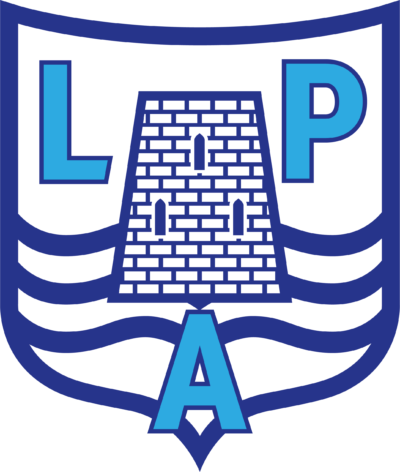
Intent
Through the Computing curriculum at Langer Primary Academy, we aim to give our pupils the life-skills necessary to embrace and utilise technology in a safe and responsible manner. We believe that through our computing teaching, we are preparing children for workplaces of the future, jobs that may not have even been invented yet, and giving them the skills to truly thrive in the 21st century, without being over dependent on technology. Children will become independent users of a range of technologies and devices to become digitally literate. Our curriculum provides opportunities to develop computational thinking and problem solving skills as well as creativity and resilience. We use a variety of hardware and software to support learning across the curriculum and in bespoke practices to ensure accessibility for every child. We aim to instil a love of computing in our pupils to encourage further study of the subject and create digital citizens with an understanding of themselves within their local and global community, that will further them in their success in life moving forwards.
Implementation
Computing is taught through our modular curriculum and adapted from Kapow lesson plans and resources. Computing becomes the focus of the foundation subject learning one in every three weeks, so pupils are frequently coming back to is a core part of their curriculum. The modules enable pupils to study in depth key computational understanding, digital skills and vocabulary. Each module aims to activate and build upon prior learning, including EYFS, to ensure better cognition and retention. Each module is carefully sequenced to enable pupils to purposefully layer learning from previous sessions to facilitate the acquisition and retention of key knowledge. Individual modules and lessons build on knowledge that has previously been taught. Outcomes are revisited either later in the year or in the following year as part of a spaced retrieval practice method to ensure pupils retain key knowledge and information. All modules have sequenced planning from Kapow detailing five sessions, key concepts, knowledge and vocabulary to be taught. Kapow’s lessons make use of freely available software and develop pupils’ knowledge across five areas of learning: Digital Literacy, Online Safety, Computational Thinking, Computers and Hardware. These feature guidance videos for teachers subject knowledge, teaching videos and teaching slides. Teachers adapt these plans to differentiate or adhere to individual needs of their class, accounting for any gaps in knowledge from any previous learning. Each class records their computing learning in their class floor backs, which tell the journey of knowledge that has been gained throughout each module.
Beyond the computing curriculum, we apply the skills learnt across all learning in the curriculum. Pupils in KS2 have 1-1 iPads to support their learning, with KS1 having access to class sets as required. This has been a fantastic tool for all learners to challenge and extend their thinking, in addition to being an excellent scaffolding tool for SEND pupils.
For pupils with SEND or an EHCP the curriculum will be adapted in order to meet their individual needs. Children will have a clearly sequenced pathway of progression through the curriculum. Scaffolding should offer small-step support for pupils that prompts their thinking to allow them to access the next step in learning. This could include, but is not limited to: resources, questioning, modelled examples, group work, adult intervention, mixed-attainment partners. Knowledge organizers are used to support learning and retention with dual-coded prompts to support cognitive load and working memory.
Impact
Our children enjoy and value Computing and know why they are doing things, not just how. Children will understand and appreciate the value of Computing in the context of their personal wellbeing and the technological, creative and cultural industries and their many career opportunities. They will leave Langer ready for their next stage in their learning as individuals who are digitally literate and understand how to be safe online. Progress in Computing is demonstrated through regularly reviewing and scrutinising children’s work, lesson observations and pupil voice. Teacher’s assess pupils from the information in their lessons and evaluate whether the child is secure in meeting a learning objective or whether it needs further teaching.
The Computing curriculum will contribute to children’s personal development in creativity, independence, judgement and self-reflection. This would be seen in them being able to talk confidently about their work, sharing their work with others, and them confidently using technology to support themselves in their learning and in life beyond Langer.
Subject Links
Please follow the subject links below for further information about the subjects taught at Langer Primary Academy.

